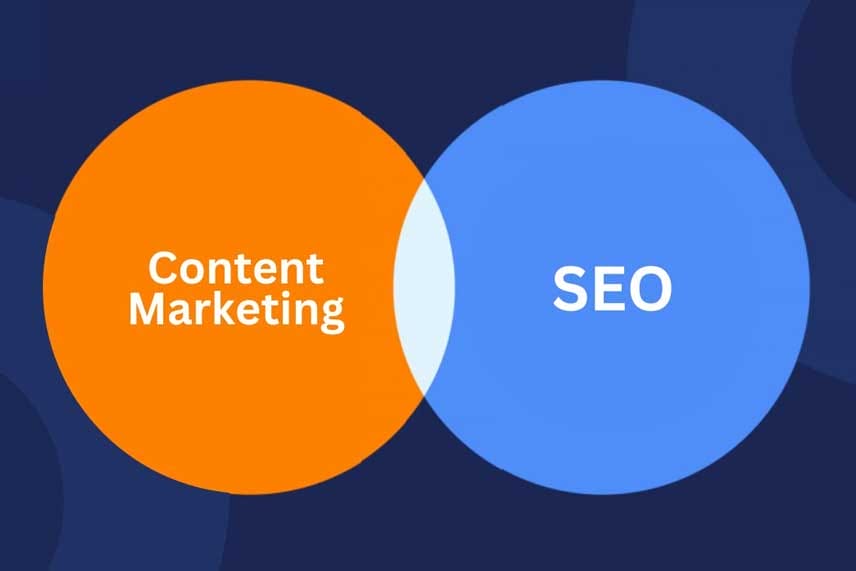- Address : P9FG+V4R, Shimutala, Matigara, Baniakhari
- /
- Email : splogos2022@gmail.com
- Home
- -Blogs Details
Blogs Details

- Jun 22,2025
- Admin
SEO vs. Content Marketing
SEO vs. Content Marketing are both integral components of digital marketing, yet they serve distinct but complementary purposes in driving online visibility and engagement.
SEO, or Search Engine Optimization, focuses on improving a website’s visibility on search engines like Google. The primary goal of SEO is to rank higher on search engine results pages (SERPs) for targeted keywords, ensuring that when people search for specific terms related to your business, your website appears prominently. SEO involves a combination of on-page strategies (like optimizing title tags, headers, and keywords), technical aspects (like improving site speed and mobile-friendliness), and off-page tactics (like link building). The ultimate aim is to drive organic traffic to your website.
On the other hand, Content Marketing revolves around creating and distributing valuable, relevant, and consistent content to attract and engage a target audience. Content marketing includes various forms like blogs, videos, social media posts, infographics, and podcasts, all designed to educate, entertain, or solve problems for your audience. Content marketing is focused on building trust, fostering engagement, and providing long-term value. It’s not just about ranking for keywords; it’s about providing the right content to the right audience at the right time.
While SEO is concerned with optimizing the technical and strategic elements of your website to improve its chances of ranking well on search engines, content marketing is about creating valuable content that resonates with your audience, encourages sharing, and establishes your brand as an authority.
The two are closely intertwined—SEO ensures that your content is discoverable by search engines, while content marketing provides the substance that keeps visitors engaged and encourages them to take action. When done together, SEO and content marketing can create a powerful strategy that drives organic traffic, enhances user experience, and supports long-term business goals.




